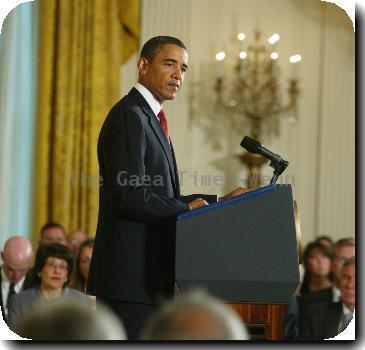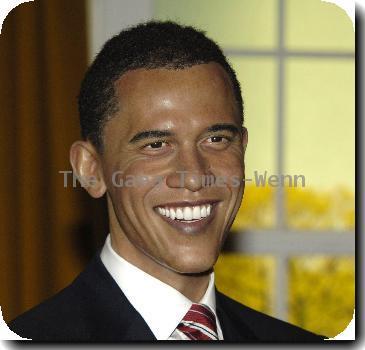Review finds no misconduct but cites Bush-era lawyers for poor judgment on interrogation memos
By Matt Apuzzo, APFriday, February 19, 2010
DOJ: No misconduct for Bush interrogation lawyers
WASHINGTON — Justice Department lawyers showed “poor judgment” but did not commit professional misconduct when they authorized CIA interrogators to use waterboarding and other harsh tactics at the height of the U.S. war on terrorism, an internal review released Friday found.
The decision closes the book on one of the major lingering investigations into the counterterrorism policies of George W. Bush’s administration. President Barack Obama campaigned on abolishing the simulated drowning technique of waterboarding and other tactics that he called torture, but he left open the question of whether anyone would be punished for authorizing such methods.
An initial review by the Justice Department’s internal affairs unit found that former government lawyers Jay Bybee and John Yoo had committed professional misconduct, a conclusion that could have cost them their law licenses. But the Justice Department’s top career lawyer reviewed the matter and disagreed.
“This decision should not be viewed as an endorsement of the legal work that underlies those memoranda,” Assistant Deputy Attorney General David Margolis wrote in a memo released Friday.
Margolis, the most senior nonpolitical Justice Department lawyer and a veteran of several administrations, called the legal memos “flawed” and said that, at every opportunity, they gave the interrogators as much leeway as possible under U.S. torture laws. But he said Yoo and Bybee were not reckless and did not knowingly give incorrect advice, the standard for misconduct.
Yoo is now a law professor at the University of California, Berkeley, and Bybee is a federal judge. The decision spares them any immediate sanctions, though state bar associations could independently take up the matter.
The memos authorized CIA detainees to use waterboarding, keep detainees naked, hold them in painful standing positions and keep them in the cold for long periods of time. Other techniques included depriving them of solid food and slapping them. Sleep deprivation, prolonged shackling and threats to a detainee’s family were also used.
The memos have been the source of debate within the legal and intelligence communities. Some believe the lawyers had a responsibility to put the brakes on such tactics, even during the panic-filled months after the 2001 terrorist attacks. Others say lawyers always make the best argument they can in support of their employers — in this case, the White House.
Lawyers for Yoo and Bybee did not immediately return messages seeking comment. But in documents submitted to the Justice Department, Yoo’s lawyer, Miguel Estrada, sought to turn the tables on the investigators, accusing them of shoddy work in their internal investigation.
Estrada accused the Office of Professional Responsibility of trying to be a “Junior Varsity CIA” that second-guessed intelligence operatives and played “roulette with the lives of thousands of Americans.”
“Yoo gave correct legal advice in good faith, and under pressure that few will ever experience. That should be the end of the matter,” Estrada wrote.
“Judge Bybee served his country at a time of great need. And he did so honorably and ethically,” Bybee’s lawyers wrote to Justice Department in October.
Obama has said CIA interrogators who relied on the memos will not face charges for their behavior. A separate criminal inquiry is under way into whether a handful of CIA operatives crossed the line, leading to the death of detainees.
Associated Press writers Devlin Barrett and Pete Yost contributed to this report.



